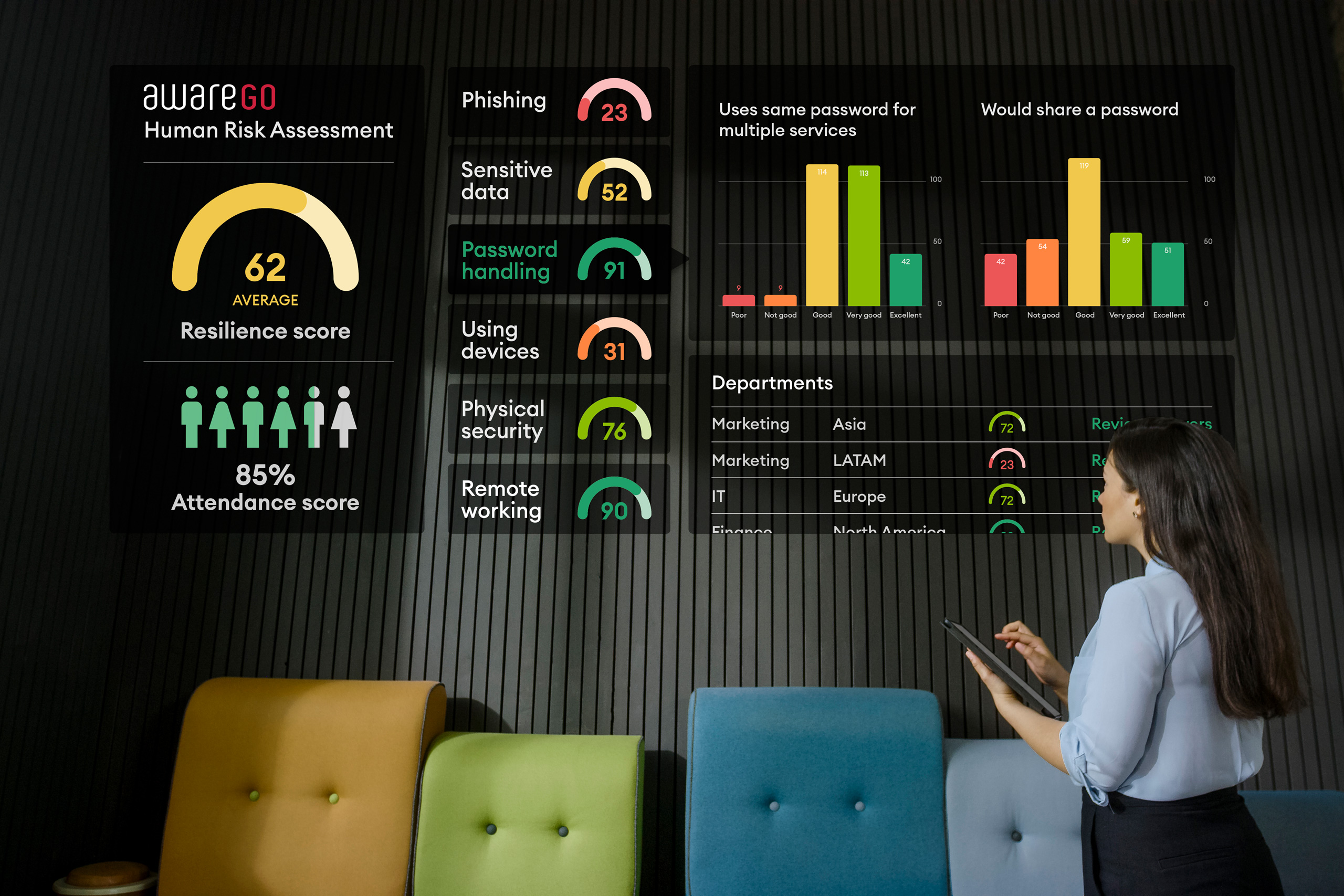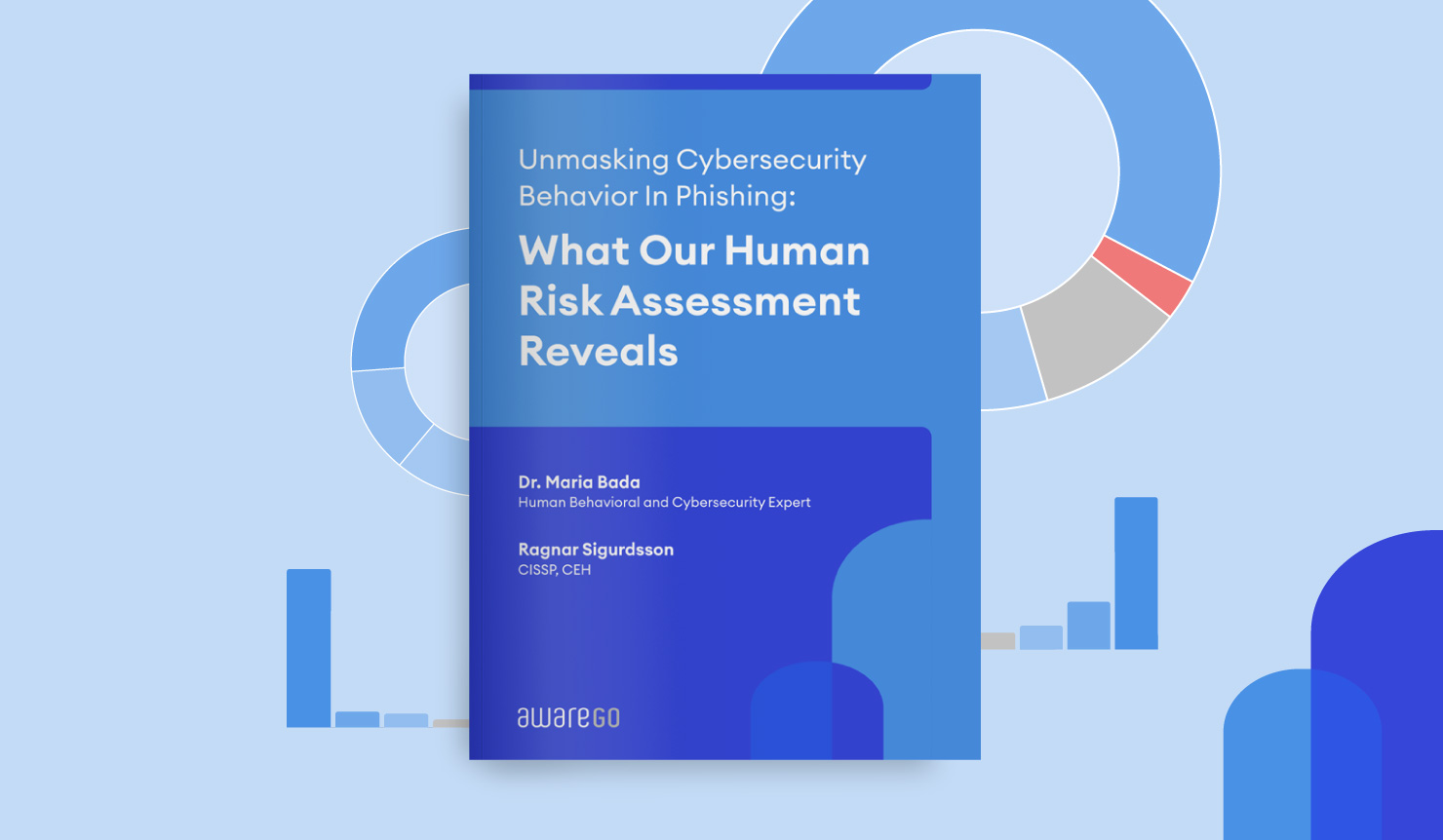Social engineering attacks are a growing threat to businesses and individuals alike. These attacks are designed to trick people into divulging sensitive information, such as login credentials, financial information, or personal data. Social engineering attacks can take many forms, including phishing emails, phone calls, or text messages, and they can be highly effective.
In fact, according to the 2022 Verizon Data Breach Investigations Report, 82% of all data breaches involve the human element, which includes social engineering attacks. However, there are ways to prevent these attacks, and information security awareness training can play a vital role.
What are social engineering attacks?
Social engineering attacks are a type of cyber attack that targets people rather than technology. The goal of these attacks is to trick people into giving away sensitive information or performing a specific action, such as clicking a malicious link or downloading malware. Social engineering attacks can take many forms, including:
Phishing emails: These emails appear to be from a legitimate source, such as a bank or a popular website, and they typically contain a link or attachment that, when clicked, installs malware or directs the victim to a fake website where they are prompted to enter their login credentials. Tax scams are a common phishing attack. This happens when someone uses your stolen personal information, including your Social Security number, to file a tax return claiming a fraudulent refund, and makes the phishing email look legitimate and urgent.
Vishing: This type of attack involves a phone call from someone pretending to be a legitimate authority, such as a bank representative or a technical support specialist, who asks for sensitive information.
Smishing: Smishing attacks use text messages to trick victims into clicking a link or entering sensitive information. Fake mail delivery notifications and requests are a very common smishing tactic.
How to prevent social engineering attacks using information security awareness training
Information security awareness training can help prevent social engineering attacks by educating employees and individuals about the tactics used by cybercriminals. Here are some ways that information security awareness training can help prevent social engineering attacks:
1. Learn to recognize the signs of a social engineering attack
Information security awareness training can teach employees how to recognize the signs of a social engineering attack, such as unsolicited emails or messages, requests for sensitive information, or urgent or threatening language. By recognizing these signs, employees can avoid falling victim to social engineering attacks.
2. Develop strong information security practices
Information security awareness training can teach employees good security practices, such as using strong and unique passwords, enabling two-factor authentication, and keeping software up to date. It’s important to avoid using the same password for multiple accounts, as this can make it easier for cybercriminals to gain access to multiple accounts if they obtain one password. These practices all help protect against social engineering attacks by making it more difficult for cybercriminals to access sensitive information.
3. Conduct phishing simulations
Phishing simulations are a useful tool for testing employees’ susceptibility to social engineering attacks. Information security awareness training can include phishing simulations that mimic real-world attacks to see how employees respond. These simulations can help identify areas where additional training is needed and improve overall security awareness. This can be done through AwareGO’s Human Risk Assessment, which uses real life scenarios in a safe, blame-free environment to test and teach employees on cybersecurity practices.
4. Encourage reporting of suspicious activity
Information security awareness training can also encourage employees to report any suspicious activity they encounter, such as phishing emails or phone calls. Reporting suspicious activity can help identify potential social engineering attacks and prevent them from causing harm.

In conclusion, social engineering attacks are a growing threat to businesses and individuals, but information security awareness training can help prevent them. By recognizing the signs of a social engineering attack, developing good security practices, conducting phishing simulations, and encouraging reporting of suspicious activity, employees and individuals can protect themselves and their organizations against social engineering attacks. Investing in information security awareness training is an essential step in safeguarding against social engineering attacks and protecting sensitive information.
AwareGO provides curated bite-sized security awareness videos, a Human Risk Assessment, and a cloud-based learning management system to deliver content quickly and get insight on employee progress. We have curated ready-made programs for multiple subjects, including strong passwords and remote work.
We offer a free trial of our security awareness training (no credit card or commitment needed) where you can take a look at all our videos and ready-made programs , with free videos, to find out if our security awareness training and risk assessment fit your needs.






